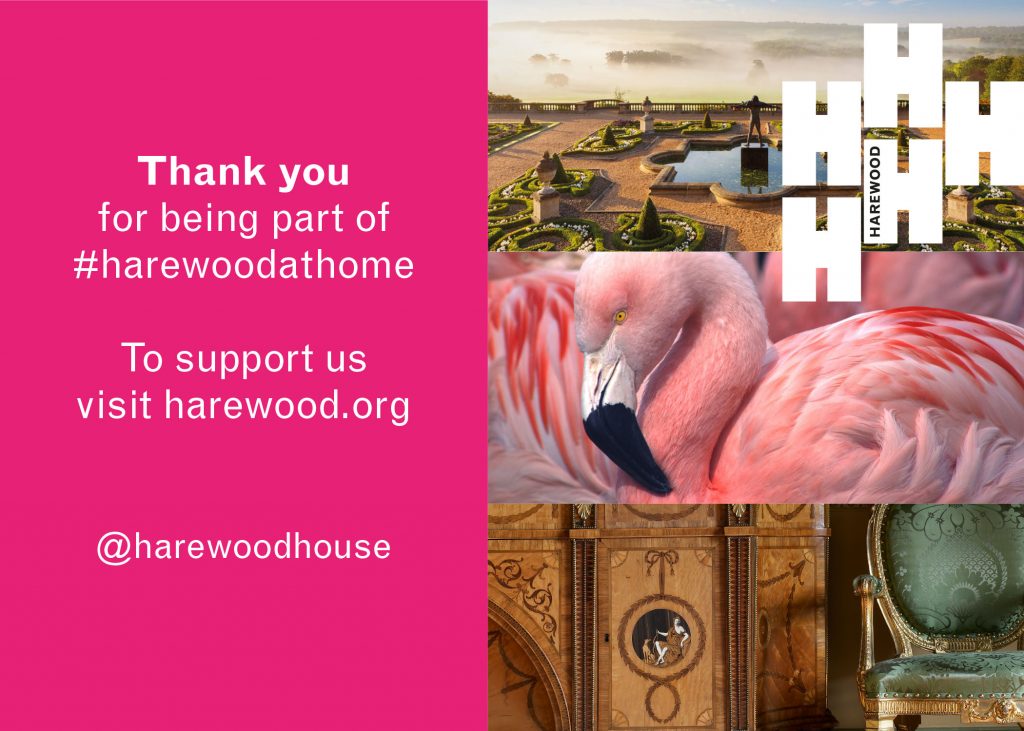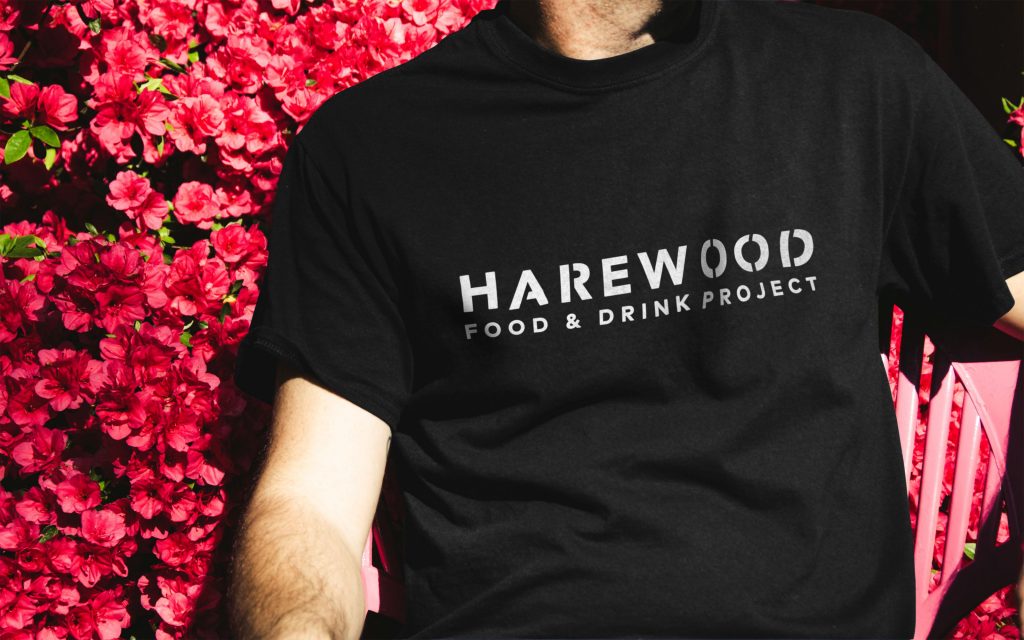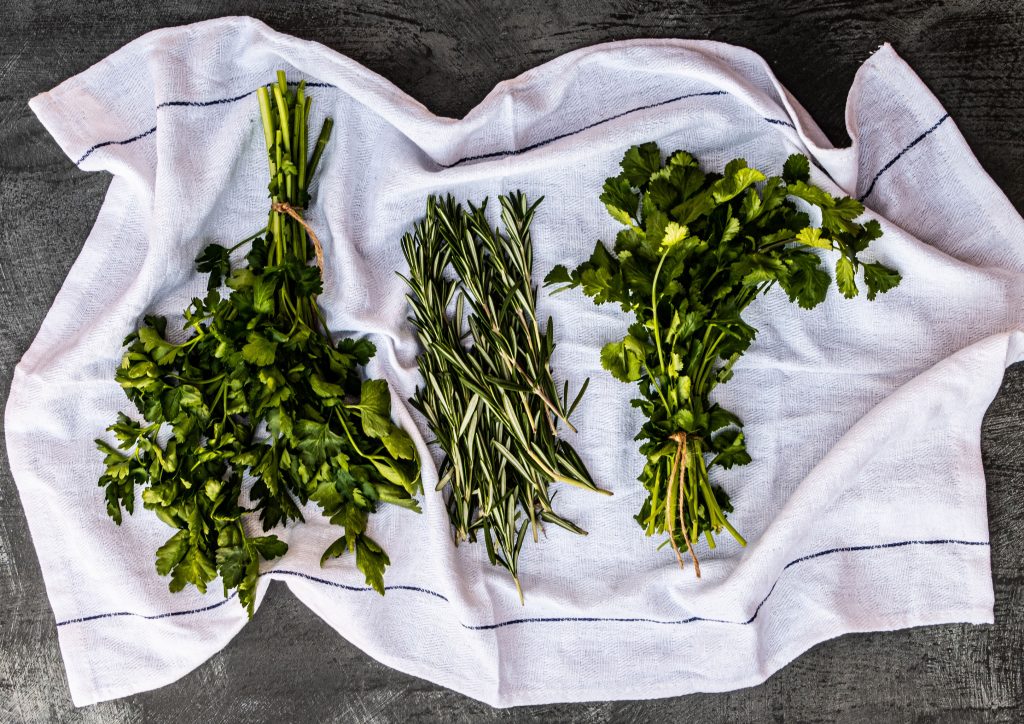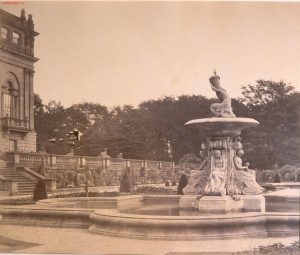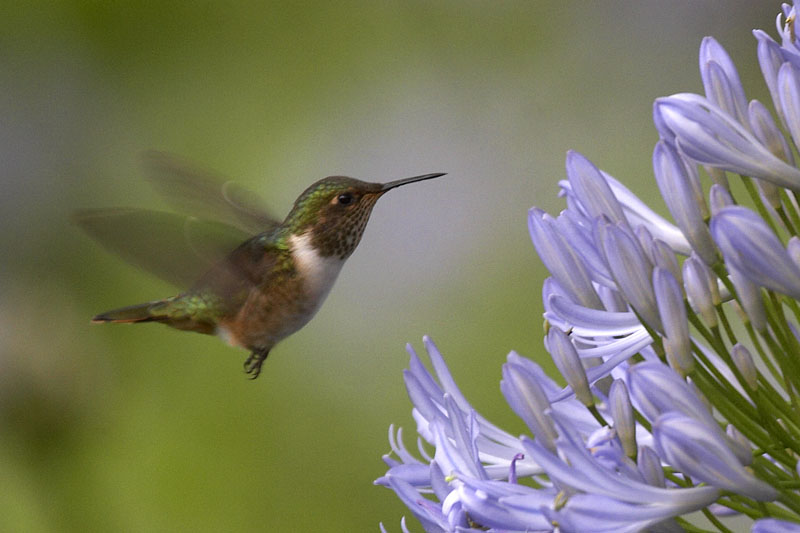 With a degree in Environmental Management and Economics, Ben Lascelles is the son of the current Earl of Harewood and manages the Harewood Estate, whilst playing an active role in contributing to the Charity’s Bird Garden management.
With a degree in Environmental Management and Economics, Ben Lascelles is the son of the current Earl of Harewood and manages the Harewood Estate, whilst playing an active role in contributing to the Charity’s Bird Garden management.
1. What’s your background and connection to Harewood Bird Garden?
I manage the Harewood Estate, the land surrounding the charitable Trust, and am Chair of the Harewood Bird Garden Advisory Group.
I’ve always loved the outdoors and birding is a great excuse to get outside and observe the world around us. As kids we’d spend a lot of time outside, climbing, swimming, having picnics and exploring. I think my first proper bird experience was visiting the famous RSPB reserve of Minsmere in Suffolk, close to where my grandmother lived for some years.
I had a year off before studying Environmental Management and Economics at York University, heading to Nepal and working as a guide in a safari lodge. This is where I really got into wildlife photography.
2. Where have your bird studies taken you?
The nature of my studies has enabled me to travel all over the world and work on some incredibly varied and far reaching projects. This has included time on a remote mountain range in Southern Tanzania, which had a lot of unusual and rare species of birds, a year working in Mauritius, contributing to a project to study the Pink Pigeon, a species we kept for many years in the Harewood bird garden, several years in the most famous rare bird migration spot in the UK, the Scilly Isles and then a project with the Smithsonian Institute in Panama, Central America.
I’ve also studied topics closer to home such as projects on Drax Power Station, Dalby Forest and Pocklington Canal, but these international visits have expanded my knowledge about the importance of conservation, what interventions work in different locations and given me a passion to share this knowledge and these incredible bird species where I can.
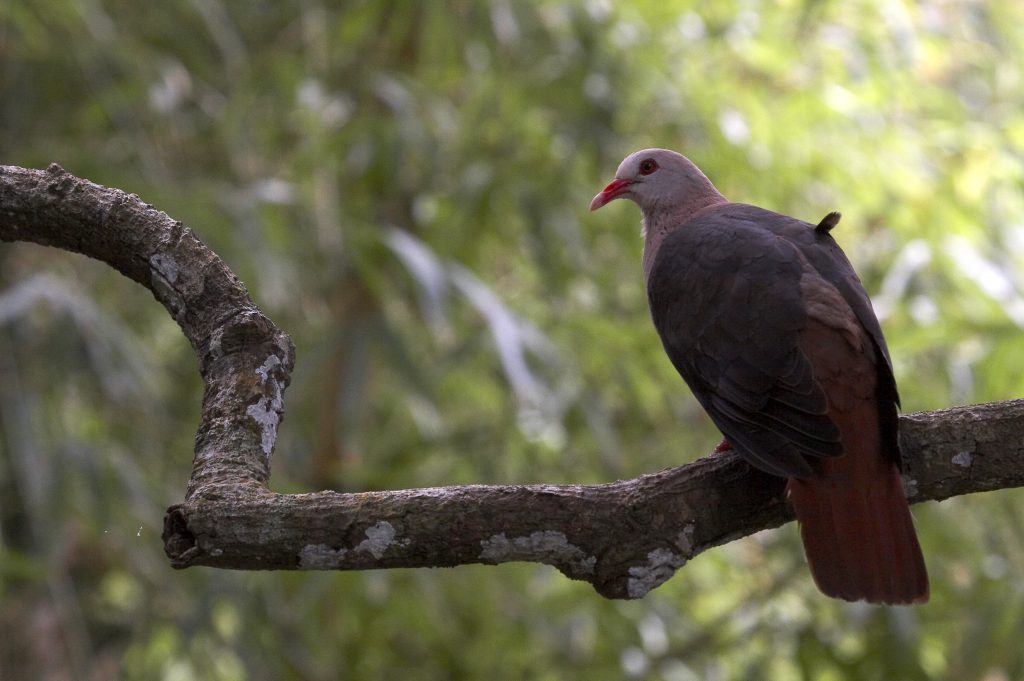
3. What do you know of your family’s love for birds?
My grandparents had a strong interest in and love of birds when they established the Harewood Bird Garden in 1970. I was also aware that my father had an interest via film work he undertook on various research trips in the 70s. However, the family connection reaches much further back. Harewood was home to an 18th Century menagerie and Charles Canning received an award for the introduction of Himalayan pheasants into England. Later my grandfather was President of the World Pheasant Association for many years.
Gerald Lascelles, son of the 4th Earl, was a competent falconer from an early age. He wrote several pioneering books on falconry and land management and was a land manager in the New Forest for many years. When moving back to Yorkshire some years ago, I enjoyed learning about Princess Mary’s interest in birds and of her ornamental owl collection. I thought I’d built up quite a good selection of owl figurines over the years, put to shame by her Faberge Owl!
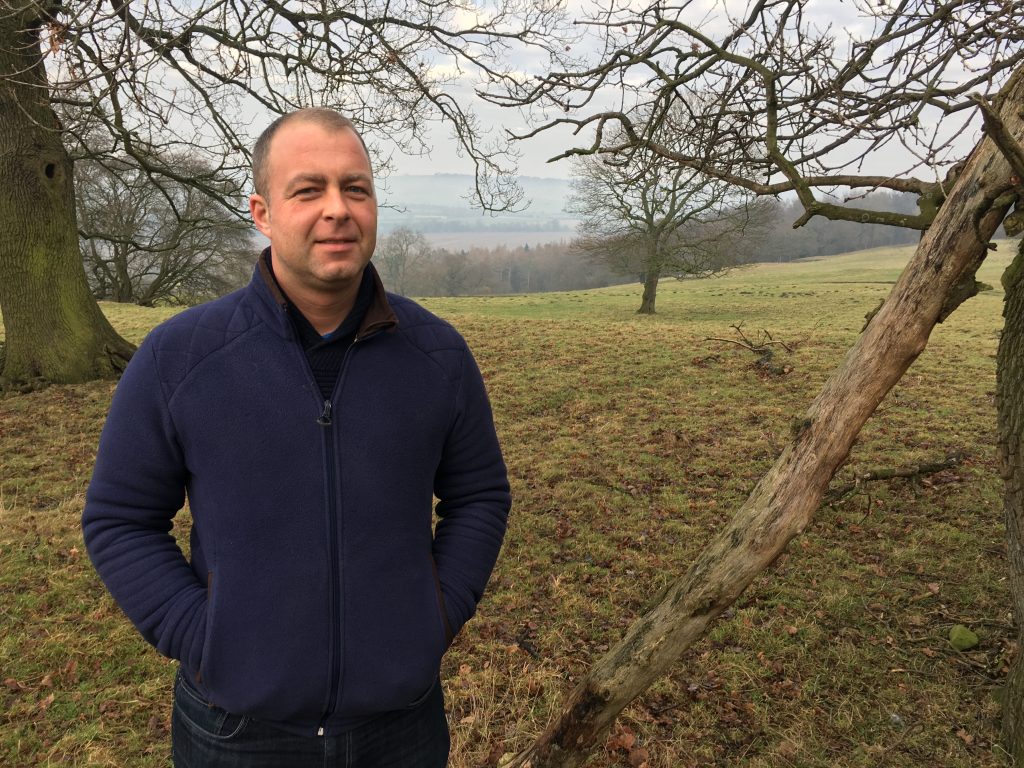
4. Why is an understanding of birds and bird conservation important/enriching?
In our globalised world, it’s more important than ever that we’re aware of the impacts our choices can have on the environment and the species within it. Consumer choice drives so much of our politics and economics that making informed decisions about what we buy is a key part of sustainability and conservation. Until recent years, we haven’t always been aware of the impacts we have or the choices we can make.
Birds are great indicators of what’s going on in the world around us and how their numbers fluctuate can inform us around how sustainable different practices are.
And in this fast-paced world, taking time out to just sit and observe is a great release for stress and anxiety. Mindfulness and wellbeing are easily associated with watching birds.
5. As Chair of the Bird Advisory Group at Harewood House, what role do you play?
I was asked to set up and chair the Advisory Group around five years ago. The group provides advice and recommendations to the Harewood Trustees for all matters relating to the Bird Garden. I’m keen to better make the connection between conservation works here at the charity and on the estate with those going on abroad.
The mantra of “think global, act local” is a good one. The group is a forum for assessing and adopting best practice in the Bird Garden across a range of topics such as ethics, fundraising for the charity, project development and collection planning. With my background in science, I’m trying to bring some data driven rigour to our recommendations and help make connections to conservation projects round the world, which is where the Bird Garden has a role to play, in connecting young people.
6. What’s significant about Harewood’s bird collection and role?
50 years is a long time for a small collection such as ours to keep running. We’ve always had excellent care of the birds in our collection and over the years some notable successes in breeding in captivity. This is a critical step before reintroduction schemes can take place.
In recent years we’ve scaled the collection back somewhat to allow us to focus our efforts on key areas where there is a connection to Harewood, including South America, the Himalayas, parrots and our native wildlife.
The Harewood Bird Garden plays an important role in raising awareness for the plight of some of these endangered species, through the appreciation gained through seeing them and learning about them from the keepers and from a visit to Harewood.
To learn more about how you can play your role in supporting the Bird Garden Appeal, read more here.
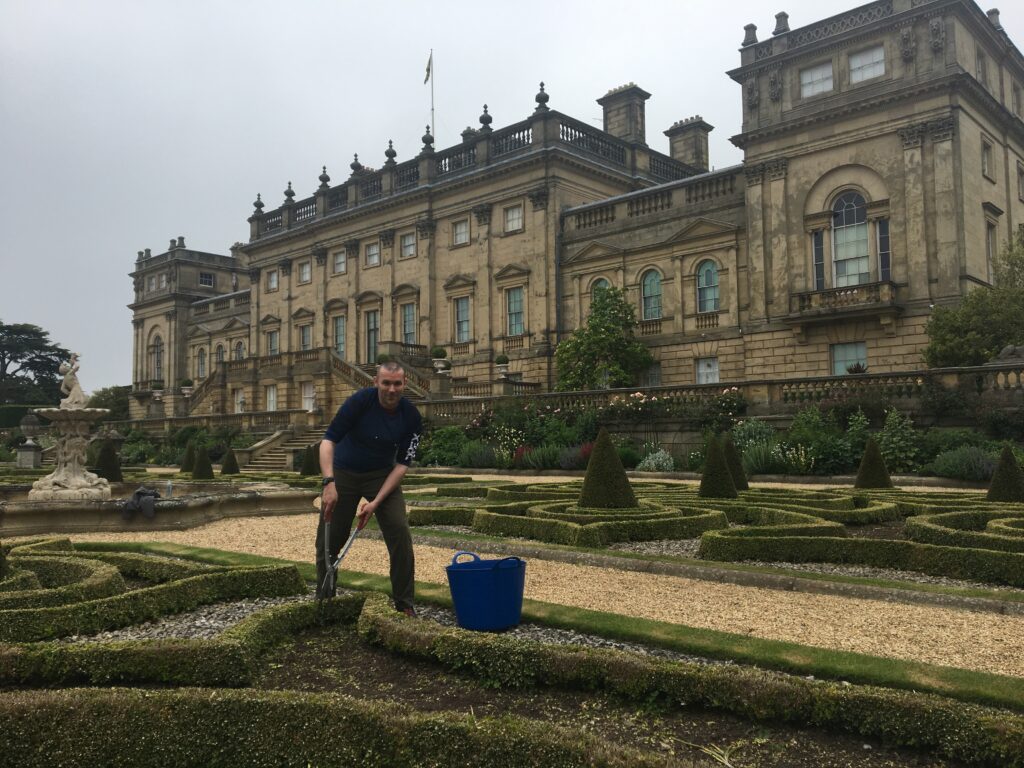 ‘After what seems like a really long time I returned to volunteering in the Terrace Gardens this week. it’s awesome to be back at Harewood!’
‘After what seems like a really long time I returned to volunteering in the Terrace Gardens this week. it’s awesome to be back at Harewood!’